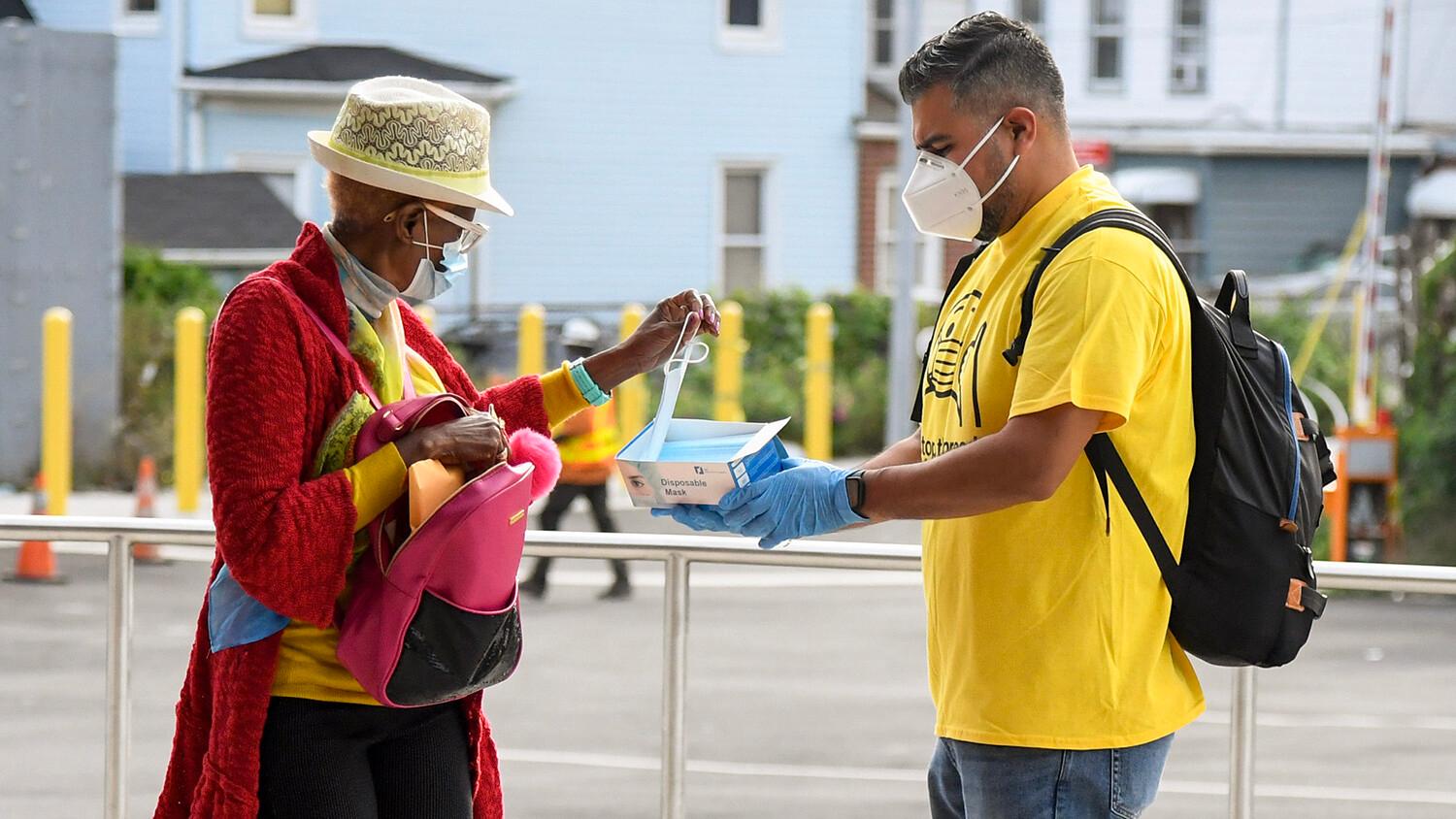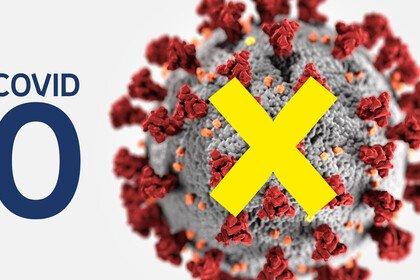
Covid-19: what’s good for public health is also good for the economy
Covid-19 is exacerbating existing health, economic and social inequalities in the US and across the world. Claude Lopez explains why investing in coronavirus treatment research and development is an imperative for business leaders and philanthropists.

The US is still averaging more than 40 000 new Covid-19 cases a day while its unemployment rate remains much higher than pre-pandemic levels. And as some states retreat into lockdown while others test reopening, a seemingly intractable dilemma has emerged: how to balance the need for economic activity with the need to protect the health and safety of both our most vulnerable populations – many of whom serve on the front lines as essential workers – and the broader community.
These goals appear to be at odds with each other, sparking ongoing public debate over which one to prioritize. In reality, the goals are one and the same. What’s good for public health is also good for business and the economy. As this virus persists, the private sector cannot wait for government alone to tackle the public health challenge and restore economic activity; businesses must be part of the solution.
Like many viruses, the novel coronavirus is an equal opportunity pathogen. Yet its impacts are anything but equal. The Milken Institute COVID-19 Community Explorer shows that low-income and minority communities across the US – and notably Black and Latino Americans under the age of 50 – have been hit hardest and remain the most vulnerable to the disease.
A number of community-wide risk factors, such as poverty, lack of access to quality care, and prevalence of chronic conditions like heart disease and diabetes, mean that certain communities face disproportionate death and hospitalization rates. In fact, recent data compiled by the Milken Institute shows that while the 100 most affected counties in the US represent only 8% of the total population, they account for 19.8% of all Covid-19 deaths and 8.3% of all cases.
Making matters worse, these same communities also are more likely to be severely impacted by the economic effects of lockdowns – thus exacerbating existing inequalities. While any long-term plan to address these inequalities needs to have a robust public policy component, the private sector also has a role to play in helping society enact change. Inequality is bad for business. It hampers consumption, reduces productivity, and depresses overall economic growth. The US’s long-term economic health is dependent on finding ways to support our most vulnerable populations during this public health crisis and beyond.
For the moment, we have only a limited set of tools to fight the virus. We have physical distancing, mask-wearing and hygiene measures, such as hand-washing, to slow the virus’s spread until there is a viable vaccine, and multiple treatments. Although remdesivir and dexamethasone recently have shown promise, we need a variety of treatment options to both prevent infections and thwart mild infections from escalating into severe cases. We need to direct the same energy that we are putting into vaccines towards investigating equitable and globally accessible treatments that will reduce the fatality rate of the disease. In other words, we need to limit the threat the virus poses until we can beat it entirely.
Accelerating the search for treatments takes global coordination. It requires funding large clinical trials, scaling up manufacturing capacity, and preparing procurement in parallel so that treatments are accessible for everyone, regardless of their ability to pay.
The Therapeutics Partnership of the Access to COVID-19 Tools (ACT) Accelerator, co-convened by Unitaid and Wellcome (on behalf of the COVID-19 Therapeutics Accelerator) is doing this. The partnership aims to fund the research, manufacturing and delivery of 245 million treatment courses in low and middle-income countries by mid-2021. Progress has already been made. Working with other partners in the ACT-Accelerator Therapeutics Partnership, UNICEF and Unitaid have agreed to an initial purchase of 2.9 million treatment courses of dexamethasone to support access for people in low- and middle-income countries.
But it is no simple task. To reach its goals, the ACT-Accelerator Therapeutics Partnership, as well as other efforts to identify, scale, and ensure equal access to effective treatments needs the support of the global business community.
Private companies like Avast, philanthropies such as the Chan-Zuckerberg Initiative, and governments have contributed to treatments research, but the scale and scope of the challenge means that more resources are needed, and quickly. Every day that passes without an effective treatment translates to potentially thousands of lives lost.
Business leaders across industries and sectors have demonstrated a willingness to act with urgency. Many companies have responded to the Covid-19 crisis with innovation, speed and agility. They’ve transitioned to remote operations, implemented measures to keep their employees and customers safe, and in some cases even re-imagined their entire business models.
Now, they also have an opportunity to become part of the long-term solution by supporting research and development into possible treatments. Aside from the obvious public health benefits, the economic upside of healthier employees, customers, and communities could make funding a coronavirus treatment one of the best investments these businesses ever make.


